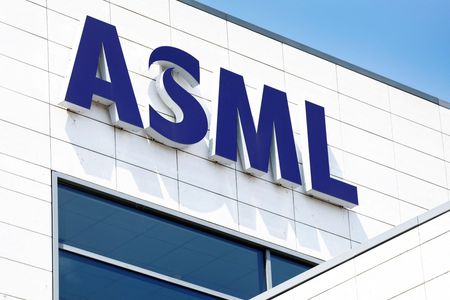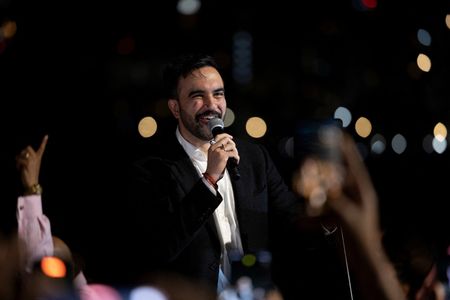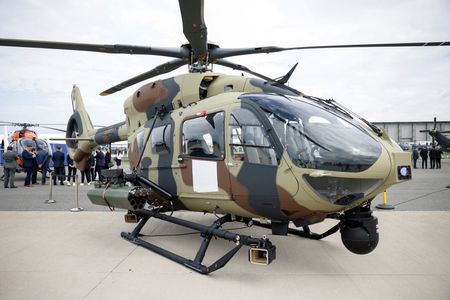By Toby Sterling
ROTTERDAM, Netherlands (Reuters) -An ex-employee of major Dutch computer chip equipment maker ASML held on suspicion of stealing and selling corporate secrets to a Russian buyer also had contact with Russia’s FSB intelligence service, prosecutors said on Thursday.
The Russian suspect, German Aksenov, has denied any wrongdoing. ASML and Dutch chip maker NXP, where he also worked, have said they do not believe Aksenov sold information that could have seriously harmed their businesses.
Dutch prosecutors said at a pre-trial hearing at which Aksenov’s detention was extended that they had received information about his contact with the FSB via a message from Dutch intelligence agency AIVD in late December.
They did not elaborate on the import of the alleged contact but said the AIVD message had underlined that “gathering intelligence over science and technology is among the FSB’s tasks”.
Aksenov’s lawyer Richard Jansen said outside the courtroom that he had agreed with his client to not yet respond to allegations made by the prosecution, including the alleged contact with the FSB, but they would give a full defence when the case comes to trial.
At the 43-year-old Aksenov’s initial appearance in December, prosecutors said he had a contact named “Misha” who worked for a Russian firm called Innovative Engineering Centre and who was trying to set up a chip production plant in Russia.
Aksenov is suspected of stealing design manuals for microchips, microchip equipment and for technology with potential military applications that belonged to ASML, ASML subsidiary Mapper, NXP and the Delft University of Technology, to which he had access through his employment.
Prosecutors dropped money laundering and corruption charges against Aksenov at Thursday’s hearing, saying their case would centre on the corporate theft and sanctions violations.
The prosecutors said there was a risk Aksenov might flee and would continue to leak secrets if he were freed from detention.
Aksenov spoke up to protest his jail conditions, citing limited contact with his partner and family in Russia.
He called it a “Catch 22” that he had lost both his apartment and his permission to remain in the Netherlands, but must remain in a Dutch jail.
Judge Annemiek Boer said she expected his conditions would be improved and set the next hearing in the case for April 4.
(Reporting by Toby Sterling; Editing by Mark Heinrich and Emelia Sithole-Matarise)









